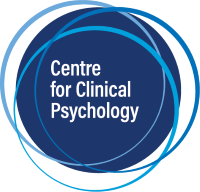
CPT for PTSD in a Week
My guess would be that most clinicians would think that trauma therapy would take a long time. This case study shows otherwise. More on that below. Why CPT in a week Previous research has shown that there are often practical barriers to attending therapy for PTSD. Browne et al.










